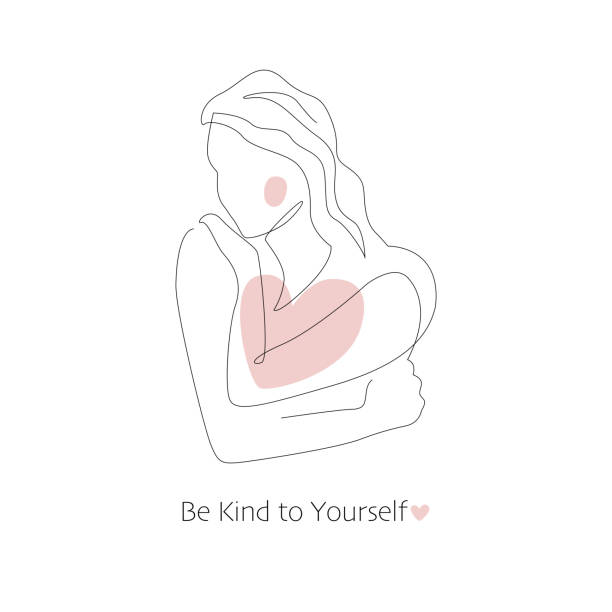In today’s society, people are pushed to be their skinniest selves no matter what. Diet culture is an ever-changing phenomenon throughout social media and the world in general, with new diet fads constantly promoted by social media for both men and women to follow.
It’s arguable that diet culture can have positive aspects, but it also has negative consequences. I believe that striving for health is okay, as long as it’s balanced. There’s nothing wrong with wanting to eat plenty of fruits and vegetables, and that should be encouraged. However, it becomes toxic when starvation and control are the main focuses of the diet itself.
Individuals may feel pressured to conform to these dieting ideals, leading to shame and guilt surrounding food choices and body image. This more times than not results in a negative self-perception, making it difficult to embrace self-compassion and to provide grace when making food choices. Extreme diet culture causes people to struggle to appreciate their worth beyond their physical appearance.

Limited Self Compassion
Diet culture discourages kindness towards oneself. Practicing having self compassion is critical in someones ability to ensure they are nurturing their minds and bodies and overall setting themselves up for a positive connotation about their own self love.

Declines in Mental Health
The stress of adhering to unrealistic standards can lead to anxiety, depression, and eating disorders, further eroding self-love and self-acceptance.

Obsession with Weight
Focusing on weight loss and dieting can distract from the pros of nourishing one’s body and appreciating it for what it can do, rather than how it looks.

Impact on Relationships
Individuals may project their insecurities onto their relationships, affecting their personal connections with others. If someone struggles with self-love, it can lead to fear of being vulnerable, impacting intimacy and connection.

Fear of Judgment
Concerns about how others perceive their bodies can prevent individuals from fully expressing themselves or pursuing their different passions and hobbies, leading to a cycle of self-doubt.

Perfectionism
The idea that one must obtain an ideal body can encourage perfectionist tendencies, where individuals feel they must constantly strive for an unattainable standard. This can lead to feelings of failure and inadequacy, when their ” body goals ” are not met.

Leave a Reply